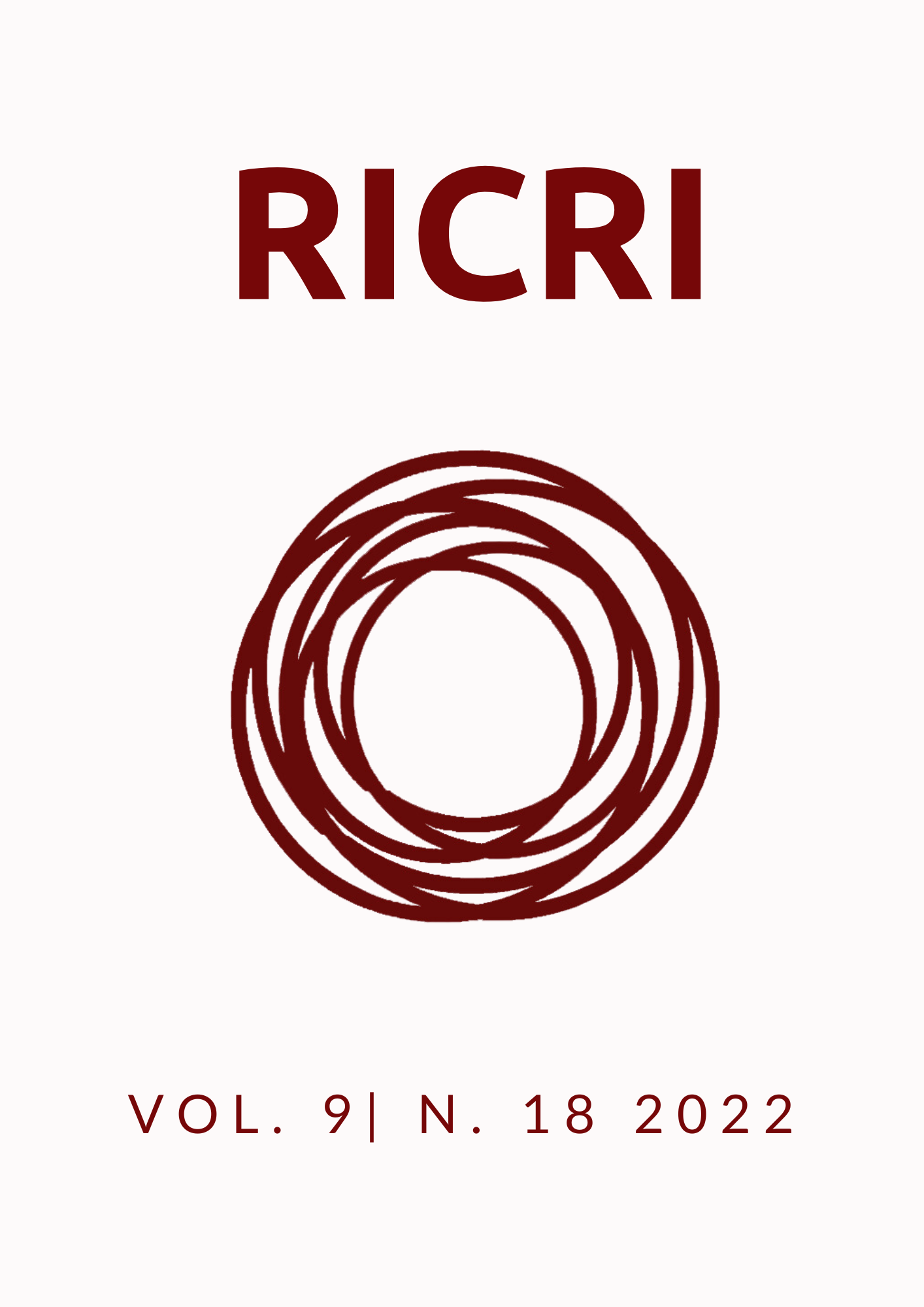ON DEALING WITH EVILDOING IN VISUAL POLITICS THROUGH REFLEXIVE LENSES
DOI:
https://doi.org/10.22478/ufpb.2318-9452.2022v9n18.60589Abstract
ABSTRACT
The subject of this article revolves around a reflexive perspective on the logic and practice of evildoing in the realm of visual politics. For this to happen, reflexivity becomes the main method of analysis with the aim of questioning how security practices come into being through visual, spoken and written discourses of Other. Dealing with evildoing in visual politics through reflexive lenses means to advance critical readings on identity formation, beginning with the understanding that relations of Self and Other are constructed according to interactions of dialogues historically implemented by visual and representational processes due to the power of mediation and strategies of depiction. In this connection, aiming to open up a debate about evildoing in visual politics, this article calls attention to the fact that “speaking security” by means of visuality makes part of a politics of offence that is intentionally articulated by those actors possessing power over representational practices. In doing so, the present article is concerned with the dynamics of visual politics, once it serves to promote security practices aimed at creating existential threats in the sense of suspending the normal rules of politics for achieving the interests of privileged actors of IR. This considered, the following investigation is divided into three parts, whereby the chains between them are carefully drawn. The first explains what are evildoing and visual politics. The second part gives special attention to reflexivity in social inquiries. The third brings into light empirical cases of evildoing and their double standard.
Keywords: evildoing, visual politics, reflexivity, identity formation, power of mediation.
Downloads
Published
How to Cite
Issue
Section
License
Copyright (c) 2022 Journal of Scientific Initiation on International Relations

This work is licensed under a Creative Commons Attribution-NonCommercial 4.0 International License.
Authors who publish with this journal agree to the following terms:
a. Authors retain copyright and grant the journal right of first publication with the work simultaneously licensed under a Creative Commons Attribution License that allows for sharing of work with acknowledgment of its initial publication in this journal.
b. Authors are able to take on additional contracts separately for non-exclusive distribution of the version of the work published in this journal (e.g., post it to an institutional repository or as a book), with an acknowledgment of its initial publication in this journal.
c. Authors are permitted and encouraged to post their work online ( eg, in institutional repositories or on their website) at any point before or during the submission process, as it can lead to productive exchanges , as well as increase the impact and citation of published work ( See the Effect of Open Access).




